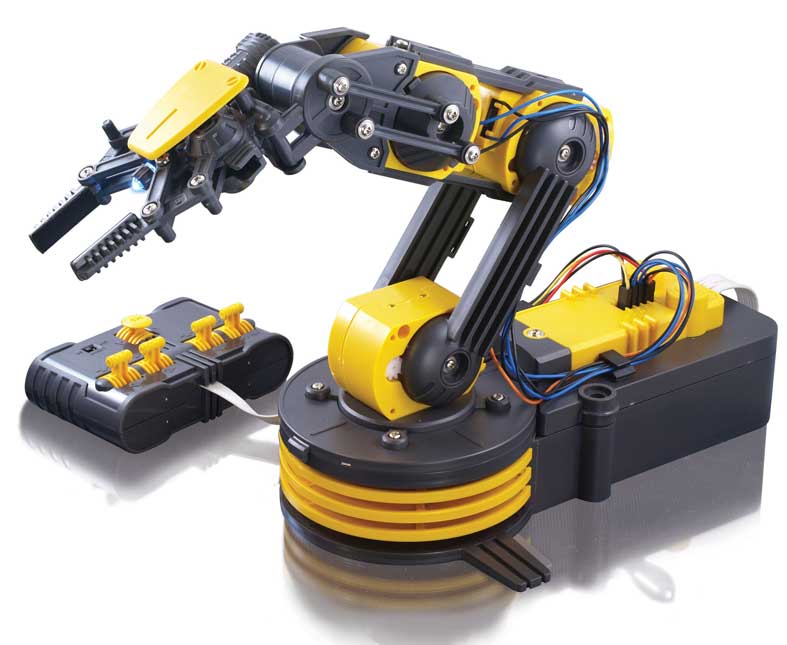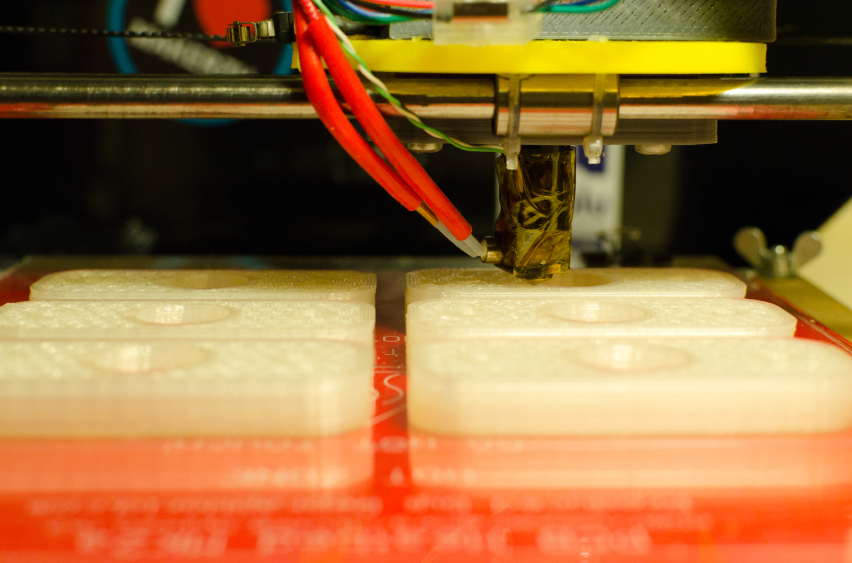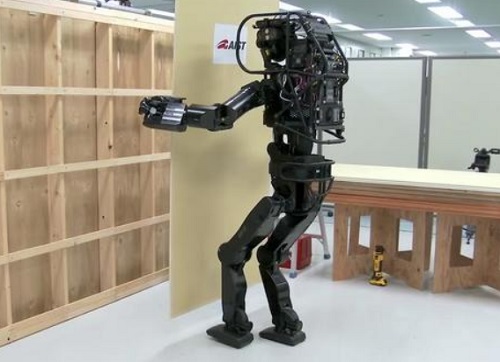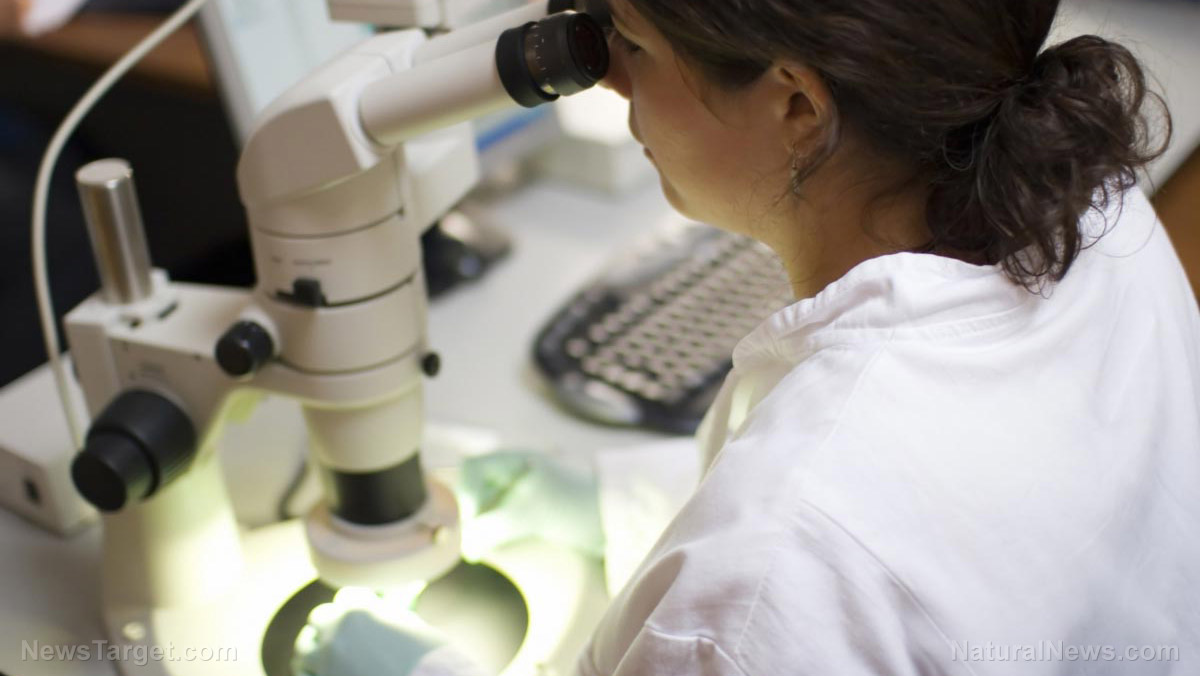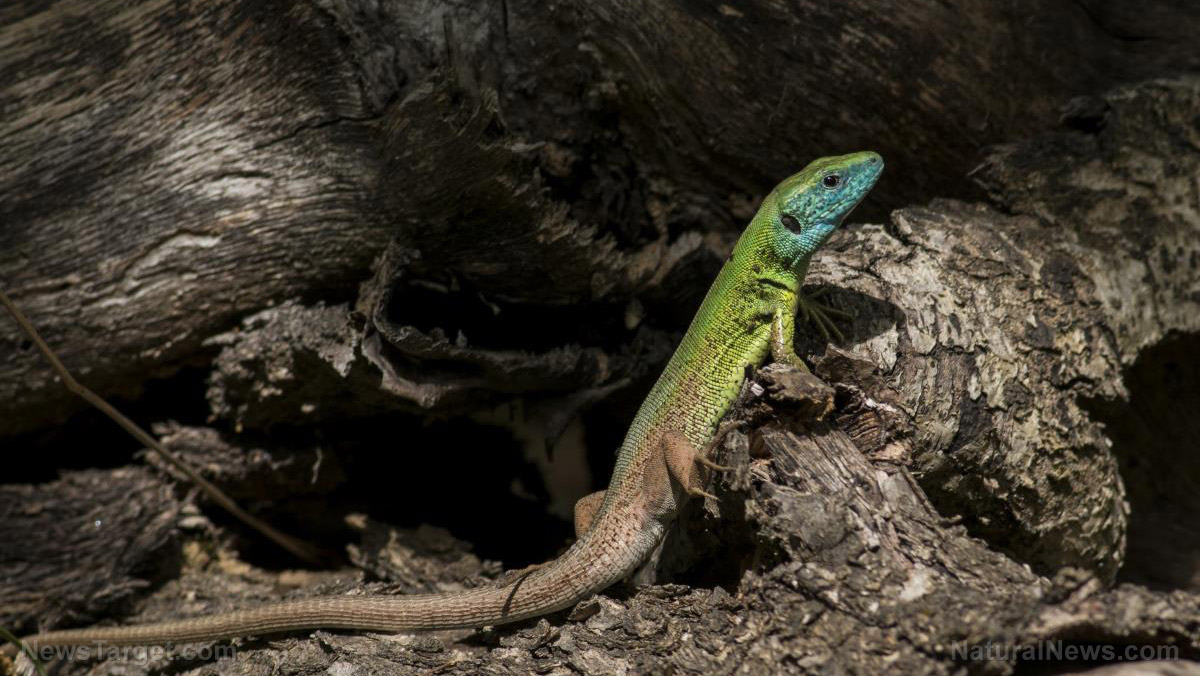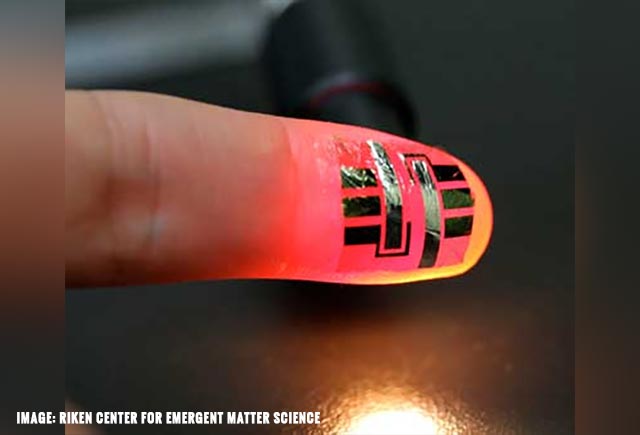Walmart just filed six patents for robot bees – and it sounds like an episode straight out of Black Mirror
04/10/2018 / By Ethan Huff
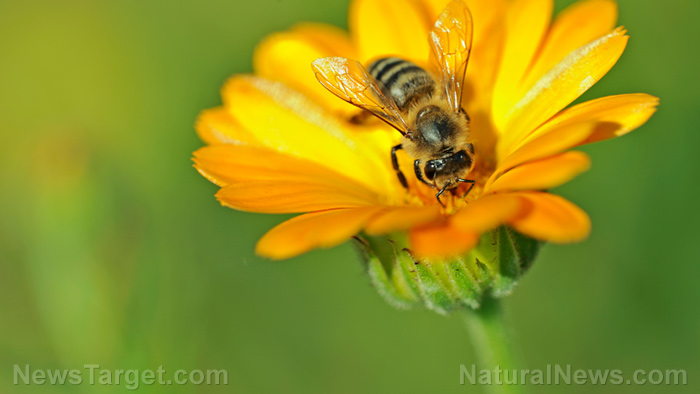
As honeybees and other vital pollinators continue their decline into what looks like total extinction, the Walmart corporation appears to be in the process of developing artificial bee “robots” that will presumably one day be used to pollinate plants in the absence of real bees, as well as identify crop damage and even spray pesticides.
A total of six different patents have reportedly been filed by Walmart at the United States Patent Office (USPO) in recent weeks for tiny “unmanned vehicles” that, based on their respective descriptions, are gearing up to be used in commercial food production once bees are no longer in existence.
One of the primary purposes for these robot bees will be to utilize “machine vision” in monitoring crop damage throughout large growing fields, as they’ll apparently be equipped to “visualize” these abnormalities on plants in order to identify their pest culprits. After being sent to the “scene of the crime,” these robot bees will be programmed to address whatever problem is present, whether it be something as simple as shooing away pesky birds, or blasting a stream of pesticides in a particular area –kind of like an army of next-generation, “Terminator” destroyers.
The technology may also be used to replace mass chemical sprayings in general, as killer robots bees could be programmed to spray chemicals on an as-needed basis. Rather than having to blanket an entire crop in pesticides, robot bees could theoretically be programmed to detect only the areas where pests or disease are present, and spray accordingly.
“We’re always thinking about new concepts and ways that will help us further enhance how we serve customers, but we don’t have any further details to share on these patents at this time,” Walmart is quoted as saying in a statement.
GMOs, neonicotinoids driving pollinator losses that Walmart wants to replace with robot bees
The patents were filed not that long after Japanese researchers last year demonstrated similar technology. Reports indicate that tiny, remote-controlled drones were featured at an event there that focused on on next-generation pollination technologies – the implication again being that bees and other natural pollinators are on their way out.
Without bees, more than 1,000 plants grown for food, fiber, medicine and other purposes would cease to exist, according to the Pollinator Partnership. The prolific use of genetically-modified organisms (GMOs) and their corresponding crop chemicals is largely to blame, as is the use of so-called “neonicotinoid” pesticides that studies have shown are responsible for triggering “colony collapse disorder” (CCD), or the widespread annihilation of honeybees.
“In recent years, the amount of pollinators (e.g. ants, bees, beetles, butterflies wasps, etc.) has been in steady decline, which leads to reduced fertility and biodiversity of the crops and reduced crop production,” one of the patents reads, according to Newsweek.
“While there have been attempts to fertilize crops by pollinating the crops via crop dusting, blanket spraying of pollen onto crops from an airplane flying above ground is non-targeted, and a significant percentage of the pollen may not reach its intended targeted crops due to the speed of the moving airplane and intervening wind,” it adds.
As far as Walmart’s driving motivation for filing these patents now, the company says that it hopes to get more food from more farms onto more store shelves much more quickly than it currently is – particularly to compete with companies like Amazon and Whole Foods Market that are aggressively moving forward on this front.
To keep up with the fate of honeybees and how different people and groups are working to save them from extinction, check out Honeybees.news.
Sources for this article include:
Tagged Under: bee extinction, Big AG, chemicals, environment, extinction, food collapse, GMO, honeybees, neonicotinoids, patents, pests, pollinate, pollinators, robot bees, robots, technology, Walmart







